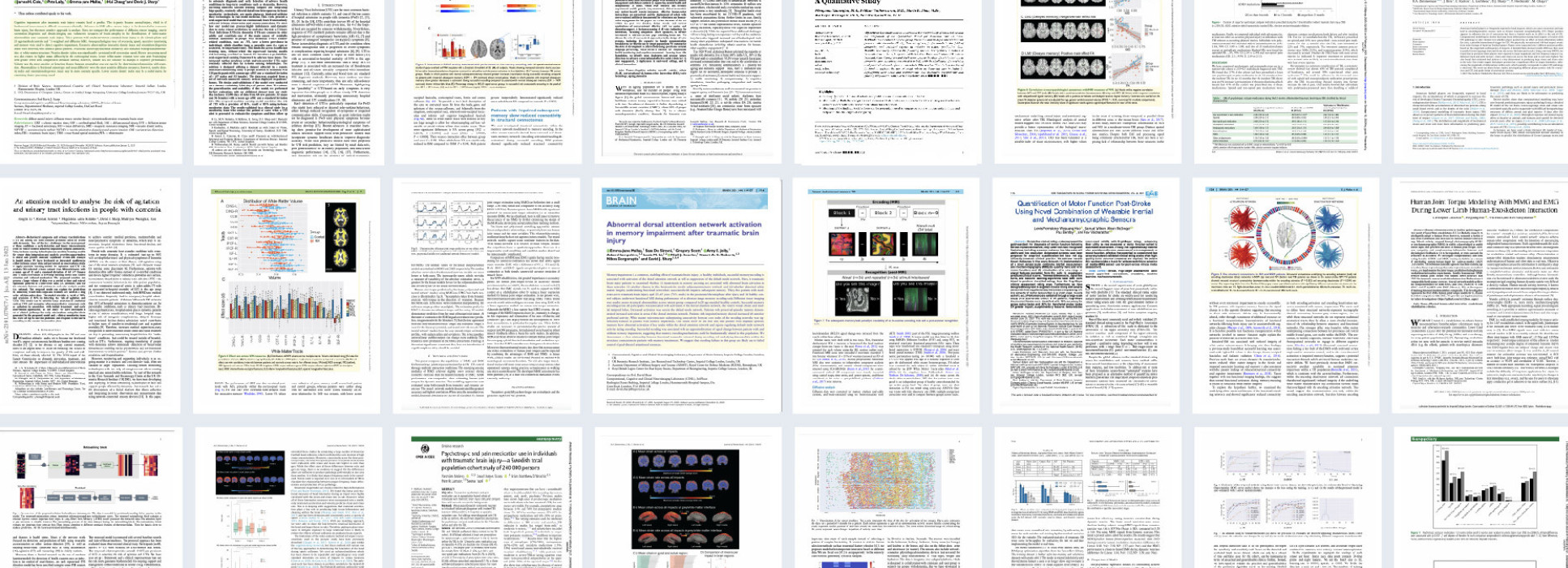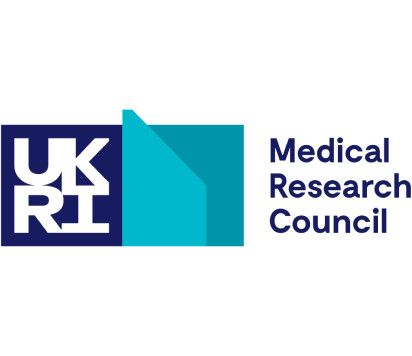BibTex format
@article{Rowan:2021:10.1016/j.jviromet.2021.114174,
author = {Rowan, AG and May, P and Badhan, A and Herrera, C and Watber, P and Penn, R and Crone, MA and Storch, M and Garson, JA and McClure, M and Freemont, PS and Madona, P and Randell, P and Taylor, GP},
doi = {10.1016/j.jviromet.2021.114174},
journal = {Journal of Virological Methods},
pages = {1--7},
title = {Optimized protocol for a quantitative SARS-CoV-2 duplex RT-qPCR assay with internal human sample sufficiency control.},
url = {http://dx.doi.org/10.1016/j.jviromet.2021.114174},
volume = {294},
year = {2021}
}
RIS format (EndNote, RefMan)
TY - JOUR
AB - There is growing evidence that measurement of SARS-CoV-2 viral copy number can inform clinical and public health management of SARS-CoV-2 carriers and COVID-19 patients. Here we show that quantification of SARS-CoV-2 is feasible in a clinical setting, using a duplex RT-qPCR assay which targets both the E gene (Charité assay) and a human RNA transcript, RNase P (CDC assay) as an internal sample sufficiency control. Samples in which RNase P is not amplified indicate that sample degradation has occurred, PCR inhibitors are present, RNA extraction has failed or swabbing technique was insufficient. This important internal control reveals that 2.4% of nasopharyngeal swabs (15/618 samples) are inadequate for SARS-CoV-2 testing which, if not identified, could result in false negative results. We show that our assay is linear across at least 7 logs and is highly reproducible, enabling the conversion of Cq values to viral copy numbers using a standard curve. Furthermore, the SARS-CoV-2 copy number was independent of the RNase P copy number indicating that the per-swab viral copy number is not dependent on sampling- further allowing comparisons between samples. The ability to quantify SARS-CoV-2 viral copy number will provide an important opportunity for viral burden-guided public health and clinical decision making.
AU - Rowan,AG
AU - May,P
AU - Badhan,A
AU - Herrera,C
AU - Watber,P
AU - Penn,R
AU - Crone,MA
AU - Storch,M
AU - Garson,JA
AU - McClure,M
AU - Freemont,PS
AU - Madona,P
AU - Randell,P
AU - Taylor,GP
DO - 10.1016/j.jviromet.2021.114174
EP - 7
PY - 2021///
SN - 0166-0934
SP - 1
TI - Optimized protocol for a quantitative SARS-CoV-2 duplex RT-qPCR assay with internal human sample sufficiency control.
T2 - Journal of Virological Methods
UR - http://dx.doi.org/10.1016/j.jviromet.2021.114174
UR - https://www.ncbi.nlm.nih.gov/pubmed/33984396
UR - https://www.sciencedirect.com/science/article/pii/S0166093421001130?via%3Dihub
UR - http://hdl.handle.net/10044/1/88654
VL - 294
ER -




